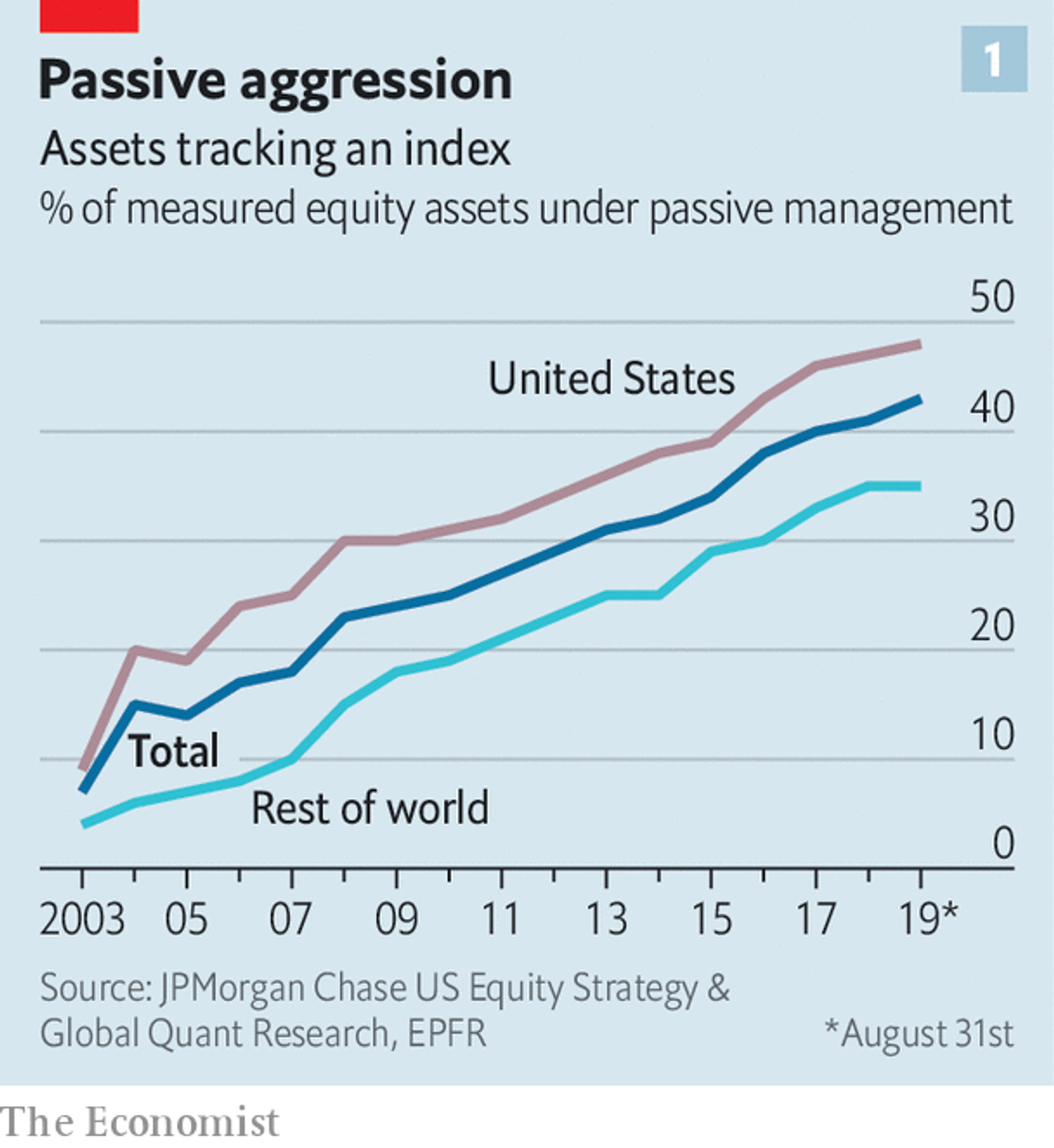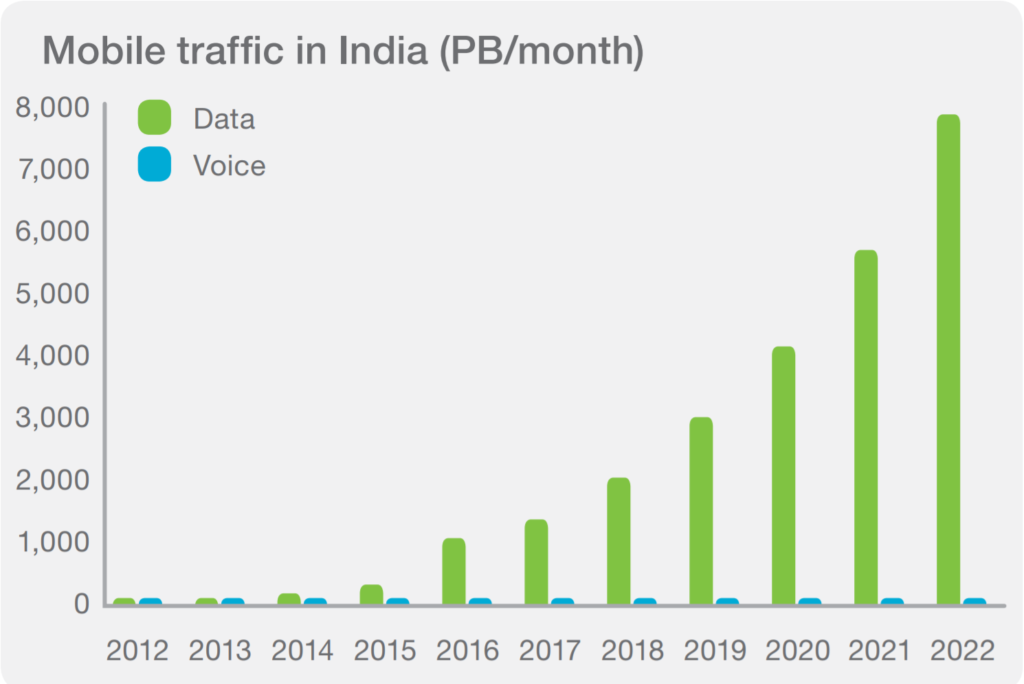The Future of Wealth Management is not an imagination anymore, it is very much present. Man and his creations, the machines, have started co-existing. This has elevated the user experiences by a great deal. Now, users can make sound investment decisions and financial planning with the help of technological tools and applications like Artificial Intelligence, Machine Learning etc. In this article, the reader can get a view of the ways the wealthtech sector is shaped by disruptive innovations and the explosion of wealthtech startups.
“To err is human, to forgive divine”
— An Essay on Criticism by Alexander Pope
Humans can make mistakes, but the machines made by humans rarely follow the errors of their creators. Does that mean man-made machines are “divine”? Well, it is for you to seek your answer! The modern world is engulfed by the hands of technological advancements. Be it Wealth, or Health, or Real Estate, or Automotive, tech is omnipresent. Automation has ceased to be imagination and emerged as a reality. In Wealth-tech or Wealth Management, in asset management, machines have replaced Man many a time.
The Future of Wealth Management has dawned with innovative technological penetration and accurate market analytics. Wealth Management refers to focus on an individual’s or a family’s overall financial situation, safeguard and maximise the wealth for enabling financial security.
Robo-advisers, micro-investment services and options, portfolio management tools contribute to the Future of Wealth Management or Wealth-tech. Wealth-tech, as understood from the conjoined word, refers to the unity of wealth and technology. The future of wealth management is denoted by the term wealth-tech that works in providing digital solutions for enhancing wealth management and investments, both for personal and professional well being.
Efficient Robo-advisors
Robo-advisers are highly automated services that use advanced algorithms and Machine Learning. They help in giving strategic investment options and opportunities. Robo-advisors, just like any human advisor, take into consideration the user’s income status, marital status, long and short term goals, risk aversion etc. Automation tools like Artificial Intelligence have replaced human intervention to a great extent.
Therefore, the expense of Robo-advisors is minimised. Thus, giving an opportunity to the people, who otherwise could not have afforded a human advisor or consultant, to have digital investment and wealth management solutions.
Following the path of Robo-advisors, Robo-retirement allows the small and medium-sized companies and agencies to manage their revenues and savings better. According to a report published by Business Insider Intelligence, Robo-advisors “will manage around $1 trillion by 2020, and around $4.6 trillion by 2022.”
Application of hi-tech tools
Tools like Digital Brokerage platforms allow business investors to gain access to the stock market information and investment options. Micro investment platforms like Stash enable the users to invest in small amounts over a long period of time, without any hefty monetary sacrifice. General Investment instruments like InvestCloud help the user to get connected to the expert investor network and centralize portfolio management tools.
Judging by the examples, it is clear that the wealth-tech has developed exponentially in recent years with increasing usage of digital platforms and technologies like Artificial Intelligence, Machine Learning, Big Data, etc. These digital solutions are more cost-effective than the solutions provided by the traditional wealth management and financial firms. This is the reason why many wealth management firms have introduced their proprietary tools or taken help from fintech businesses.
The explosion of financial robotization has caused speeding up the stock market, as published by The Economist 2019, “On September 13th a widely watched barometer published by Morningstar, a research firm, reported that last month, for the first time, the pot of passive equity assets it measures, at $4.3trn, exceeded that run by humans.”

It is too early to conclude that robotization and automation will replace the financial advisors of flesh and blood. Even though the Future of Wealth Management is here, there are some steps that need to be taken. The first and foremost priority of wealth-tech professionals is to strengthen data security for preventing breaches. Missing out on this issue will lead only to disaster.
Technological advancements for predictive analytics are quintessential for the thriving wealth-tech companies as they help in gaining insights into the client behaviour, their needs, service requirements, investment options, product demands etc. As reported by Forbes, “asset management firms with predictive analytics achieved an average 11% increase in the number of customers in the past twelve months.”
Cloud Computing will continue to dominate the wealth-tech sector in the coming years as it cushions sustainable growth. Technologies like quantum computing, Blockchain and Big data will help in the steady growth of wealth management as they help in improving investment decisions and structured organization of information.
The wealth tech has opened new doors for the wealth management sector, but also brought in some new challenges. For wealth-tech business organizations and start-ups, it is mandatory that they incorporate technology with innovation for quality assured user experience. Preventing data theft and developing predictive analytics will concretise the Future of Wealth Management in the long run.
Internet penetration among masses
The wealth-tech sector in India is at the verge of explosion. In 2018, Wealth-tech was India’s 4th largest subsector within Fin-tech, after Payments, Alternative Lending and Insure-tech, including an investment of $122 million. Some of the advanced services provided by the wealth-tech, joining hands with Artificial Intelligence, Machine Learning, Cloud Computing, are improved data mining and the increasing availability of the services to the diverse masses of the country.
From online investment tools to investment platforms, from Robo-advisors to financial services, Wealth-tech incorporates all. Some of the prominent names ruling in this domain are, Paisabazaar and Bankbazaar in personal investment platforms, Scripbox and Finpeg in the Robo-advisors platforms, Sqrrl and Cube in investment and finance management platforms etc.
According to a joint report published by Pricewaterhouse Coopers and ASSOCHAM India, the total asset under management (AUM) in the Robo-advisers segment is expected to grow at CAGR 36.2%. The number is likely to increase from $42 million in 2019 to $145 million in 2023. The major reason for the wealth-tech explosion in India is penetrating in the lower ranges of the socio-economic pyramids. Internet explosion and digitization has enabled the diverse sections of the masses to take help and financial advice from wealth management and online financial platforms.
These platforms are helping Indian users in building strategic investment decisions and monetary planning. The smartphone penetration is rising exponentially, coupled with the availability and accessibility of cost-efficient internet charges. In the coming years, more and more individuals will engage and interact on the wealth-tech platforms for making profitable financial decisions.
It is predicted that by 2023, 36 per cent of Indians will use smartphones, which is much higher than the 26% usage of 2018. Increase in disposable income, literacy and awareness has paved the way for the promising growth trajectory of Fin-tech and Wealth-tech sectors in India.

Investments in Wealth-tech sector
Scope of funding, foreign entities entering the Indian market and the indigenous traditional firms expanding their wealth-tech segment has started in full swing. INDwealth, an Indian wealth management startup has managed to raise $15 million dollars by the American hedge fund Tiger Global Management.
This platform helps the users in maintaining structured financial planning, their loans, taxes, investments, expenses etc, machine learning allows them to improve cash flows and monitor savings accordingly. As per the report of the Economic Times 2019, Karnataka Bank has tied up with a fin-tech firm Finwizard Technology, popularly known as Fisdom, to offer wealth management products, investment services like mutual funds, through the app “KBL Mobile Plus.”
As per industrial analysts and experts, more than 1.8 trillion of the wealth of Indian users remains in low-yield bank deposits due to the lack of trust and knowledge about changing market dynamics. They are confused and are not aware of suitable investment options. Fisdom has targeted the highly unexplored sections of the Indian masses who are not served by the traditional financial firms.
There is a huge scope of penetration among the domestic population which the wealth-tech is aiming to reach. PayU, another name in the Fin-Tech sector in India, has managed to take a minority stake in Fisdom, with an investment of $11 million.
According to the CEO and co-founder of PayU, Subramanya, “This investment allows us to continue innovating in order to better serve our consumers including by bringing new products like insurance and broking. PayU, being one of the leading fintech players in the country, provides an immense opportunity that we are keen to explore. We are very happy that our earlier investors, Saama Capital and Quona, continue to support us in our endeavour.”
Wrap Up
Wealth Management, Asset Management, in other words, The Financial Management as a whole has undergone and is also undergoing now in this age of technological disruption. Tools are developed for better financial planning and understanding the changing market dynamics.
The Future of Wealth Management has unleashed newer possibilities and innovation to make the life of the modern Man easier. In other words, in reference to the topic of the article, the situation is not “Man vs Machines”. Man is using the machines to assist him in making his decisions. Machines and automation are creating new job opportunities, and also replacing human intervention, and this circle will not stop anytime soon.

